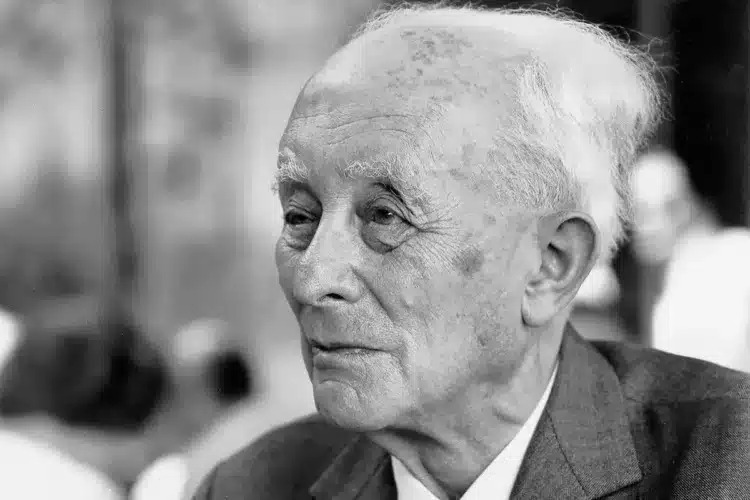Max Born: Pioneer of Quantum Physics

Max Born (11 December 1882 – 5 January 1970) was a German physicist and mathematician who played a vital role in the evolution of quantum mechanics.
Life and Career
He was born on 11 December 1882, in Breslau, German Empire. He received his early education at the König-Wilhelm-Gymnasium. After that, he studied physics and mathematics at universities in Breslau, Heidelberg, Zürich, and Göttingen. He got his doctorate in 1907 from the University of Gottingen after writing his dissertation (1906) on the stability of elastic wires and tapes under the supervision of the famous mathematician Felix Klein.
Born served in the military after obtaining his doctorate, but because of his asthma, he only served for less than one year. Then he went to Cambridge to study under Larmor and J. J. Thomson. Due to his work on the relativistic electron, he became a lecturer at Göttingen. Later, in 1912, he lectured on relativity in Chicago and did some experiments with the Michelson grating spectrograph while there. He joined the German army in 1915 and worked in a scientific office of the army on the theory of sound ranging during World War I. He also studied crystal theories and published a book called Dynamik of Kristallgitter (Dynamics of Crystal Lattices) which summarized a series of experiments he’d done at Göttingen.
In 1919, Born was appointed to a full professorship at Frankfurt am Main, and in 1921, he moved to Göttingen to be a professor of theoretical physics. The previous year, James Franck was appointed professor of experimental physics at Göttingen. During these years, the Professor created some of his most important works, including a modernized version of his book on crystals, and numerous studies by him and his students on crystal lattices, which were followed by a series of studies on quantum mechanics. Together, they made Göttingen one of the most important centers for studying atomic and molecular phenomena.
There are a lot of people who came to work with Born, including Wolfgang Pauli, Werner Heisenberg, Pascual Jordan, Enrico Fermi, Fritz London, PAM Dirac, Victor Weisskopf, J. Robert Oppenheimer, Walter Heitler, and Maria Goeppert-Mayer—just to name a few. Born worked with Sir C.V. Raman and his students at the Indian Institute of Science during the winter of 1935-1936. He worked in Edinburgh until his retirement in 1953 as Tait Professor of Natural Philosophy. Max Born died on 5 January 1970, in Gottingen, West Germany.
Awards and Contributions
One of Born’s biggest contributions was his idea that a wave function could only be used to predict the probability of different results in measurements. In other words, the square of a wave function represents a probability density. The concept is called the statistical interpretation of the quantum theory. In 1954, he won the Nobel Prize in Physics for “fundamental research in quantum mechanics, especially statistical interpretations of wave functions”.
Read More: 6 January: Remembering Gaspar Henaine on his Birth Anniversary
Observer Voice is the one stop site for National, International news, Sports, Editor’s Choice, Art/culture contents, Quotes and much more. We also cover historical contents. Historical contents includes World History, Indian History, and what happened today. The website also covers Entertainment across the India and World.

